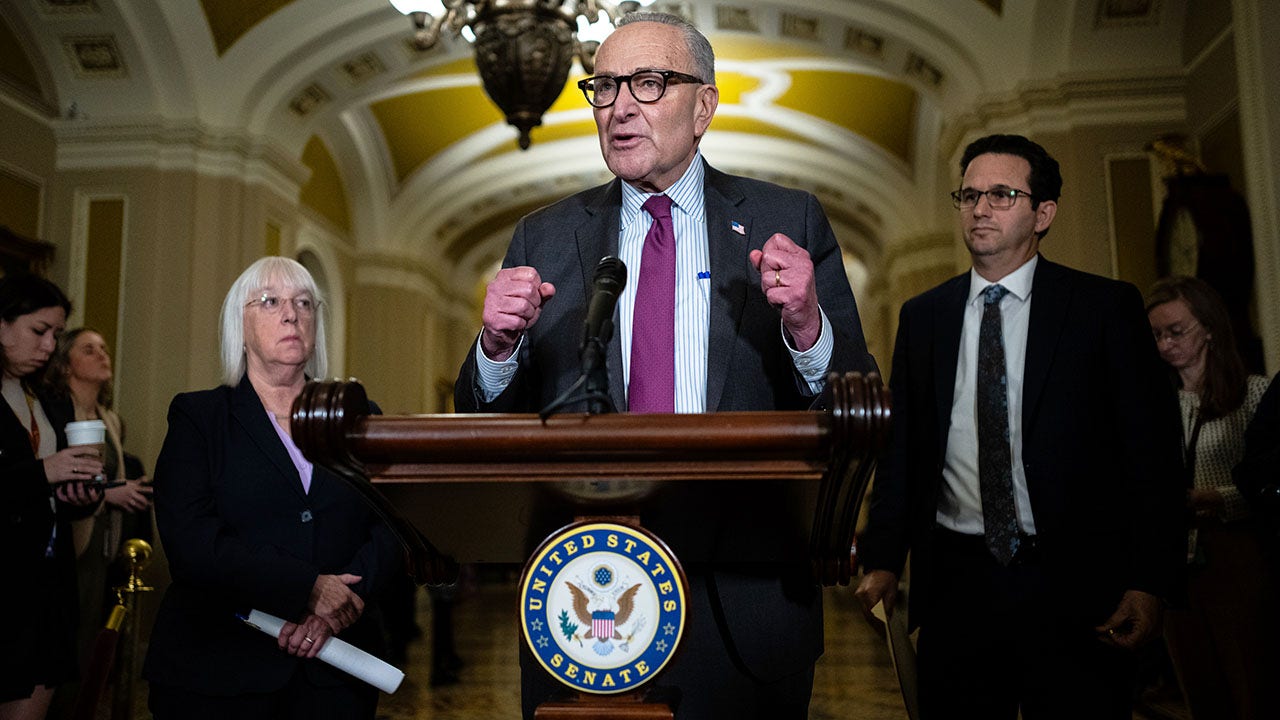In a significant development for global trade, U.S. President Donald Trump and Chinese leader Xi Jinping have reached an agreement aimed at reversing some of the damage caused by their prolonged trade conflict. This meeting, held in Busan, South Korea, has been described by Trump as a “roaring success,” highlighting a shift towards cooperation between the world’s two largest economies.
The agreement, while not a comprehensive resolution to the ongoing trade war, represents a crucial step in stabilizing economic relations between the United States and China. After months of escalating tensions characterized by tariffs and retaliatory measures, this deal provides both nations—and the broader global economy—with a much-needed respite. It allows for a period of adjustment, which may help mitigate the adverse effects of the trade war that has impacted various sectors and markets worldwide.
Details of the Agreement
Although specific terms of the agreement have not been publicly disclosed, the discussions reportedly focused on reducing tariffs and increasing mutual trade. Analysts suggest that the deal may help restore supply chains disrupted by previous trade policies, benefiting industries that rely on international trade.
In recent years, the trade war has had far-reaching implications, affecting not just the U.S. and Chinese economies but also those of several other countries. The uncertainty surrounding tariffs has led to volatility in markets, impacting businesses and consumers alike. With this new agreement, there is an opportunity for economic recovery and growth.
The agreement has been welcomed by business leaders and economists who view it as a positive step towards de-escalation. It is seen as a chance to foster collaboration rather than confrontation, potentially setting the stage for future negotiations on more complex issues such as intellectual property and technology transfer.
Global Implications
The implications of this agreement extend beyond the U.S. and China. As the two largest economies, their trade policies have significant influence on global markets. A more stable economic relationship may lead to improved trade conditions for other countries and reduce fears of a global economic slowdown.
Additionally, the deal may encourage international cooperation on various fronts, including climate change and public health, where joint efforts are essential for addressing pressing global challenges. Observers are hopeful that this agreement marks a turning point in U.S.-China relations, promoting a more constructive dialogue moving forward.
As both nations work to implement the terms of this agreement, the world watches closely. The success of this deal could pave the way for further negotiations and signify a commitment to resolving disputes through dialogue rather than conflict.







